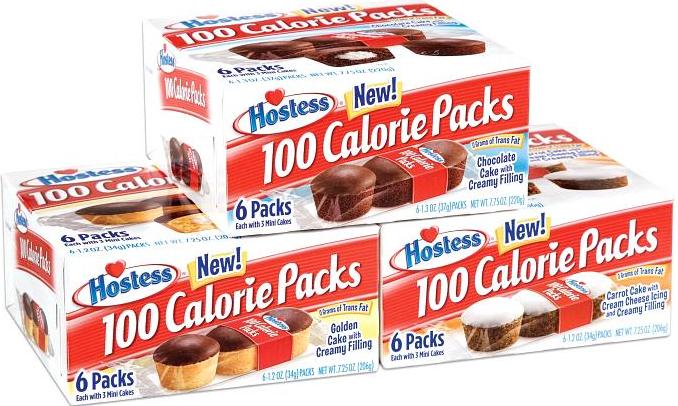 Even if Hostess’ statement was untrue, a consumer had no standing
Even if Hostess’ statement was untrue, a consumer had no standing
to assert a false advertising claim because he wasn’t a competitor.
Plaintiff Victor Guttmann filed a putative class action in the Central District of California against defendant Hostess Brands, Inc., alleging false advertising.
His complaint stated that Hostess makes false and misleading statements to market six varieties of baked goods under the label “Hostess 100 Calorie Packs.” In particular, he claimed that Hostess markets Hostess 100 Calorie Packs as containing “0 Grams of Trans Fat,” even though such products contain partially hydrogenated oils.
He sought restitution and damages on behalf of all persons “who purchased, on or after January 1, 2007, one or more of the Hostess 100 Calorie Packs in the United States for their own use rather than resale or distribution,” and an injunction.
Hostess moved to dismiss plaintiff’s claims on standing grounds, among other things. It argued that because Mr. Guttmann is a consumer, and not a competitor, he can’t maintain a false advertising claim.
The court agreed.
“To establish standing under the ‘false advertising’ prong of the Lanham Act,” the court found, “‘a plaintiff must show: (1) a commercial injury based upon a misrepresentation about a product; and (2) that the injury is ‘competitive,’ or harmful to the plaintiff’s ability to compete with the defendant.’ Thus, ‘[f]or a plaintiff to have standing, the parties must be competitors in the sense that they ‘vie for the same dollars from the same consumer group,’ and the alleged misrepresentation must at least theoretically effect a diversion of business from the plaintiff to the defendant.’”
The court concluded: “Here, Plaintiff alleges that he ‘purchased the [Hostess 100 Calorie Packs] for personal, family or household purposes.’ He also seeks injunctive relief on behalf of class members who purchase Hostess 100 Calorie Packs ‘for their own use rather than resale or distribution.’ Plaintiff, by his own admission, is a consumer, not a competitor. Because Plaintiff alleges neither commercial nor competitive injury, he is precluded from asserting a false advertising claim under the Lanham Act. The Court therefore dismisses Plaintiff’s Lanham Act claim with prejudice due to lack of standing.”
Peviani v. Hostess Brands, Inc., __ F.Supp.2d __, 2010 WL 4553510, No. 10-2303 (C.D. Calif. Nov. 3, 2010).